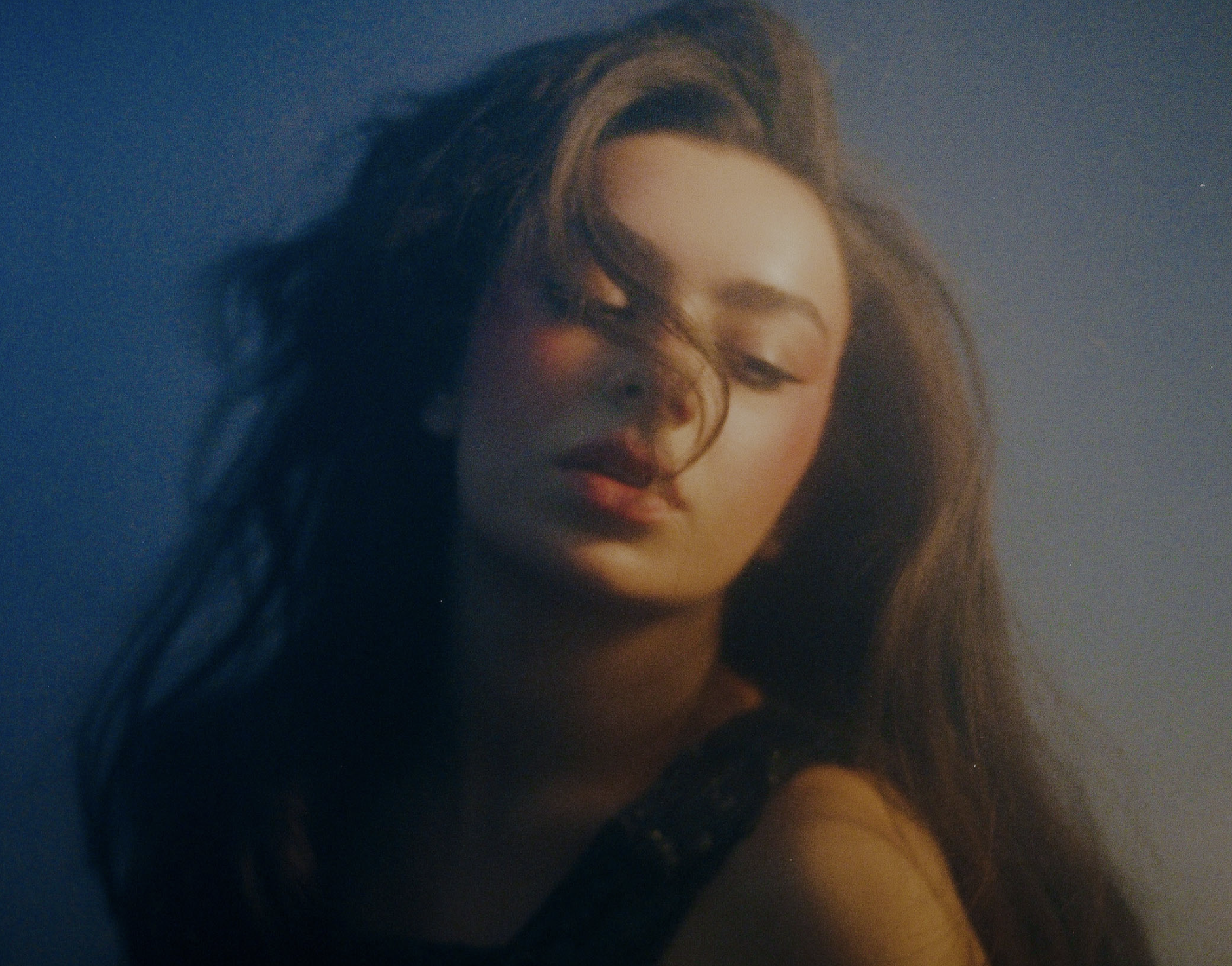In a series called Mondo Bullshittio, let’s talk about some of the most glaring hypocrisies and faux pas in pop culture…and all that it affects.
It’s no secret that Billboard’s Greatest Pop Stars of the Twenty-First Century list ruffled more than a few feathers. Even if for mostly all the wrong reasons (mainly, because Beyoncé kept Taylor Swift from the number one spot and that didn’t sit well with “hyper-passionate” Swifties). And, of course, no one so much as batted an eyelash over the fact that Madonna doesn’t register as a key part of that list because, by pop star standards, she’s considered “day-old bread” (some would rudely quip, “More like Jurassic-old bread”), therefore “irrelevant.” Even though she continued to significantly shape the landscape of what it meant to be a pop star in the twenty-first century. Just as another highly influential woman by the name of Charli XCX has done. And never was that clearer to the masses than 2024 a.k.a. the Year of Brat.
For some (tasteless) listeners, Charli XCX “came out of nowhere.” To her longtime “Angels,” however, Brat was a culmination that perfected years of the sound she had been innovating. All starting long before even her first album, True Romance, was released in 2013. Well before that, XCX was working on finding her “niche,” musically speaking. This began as early as 2006, when XCX started recording songs for what would become her unofficial “debut,” 14. Which was eventually released in limited supply in 2008, when she would turn sixteen. Although XCX has declared that she vehemently hates the mixtape now, there’s no denying that it was key to finding her “style,” in addition to attracting more attention in the world of music, however “DIY.”
From there, XCX continued to accelerate her evolution with the mixtapes she titled Heartbreaks and Earthquakes and Super Ultra, both released in 2012. With True Romance, it was linking up with producer Ariel Rechtshaid that really made things click for her, sound-wise. Even though XCX would mention that it took her years to find the sound identity she was truly looking for.
Meeting SOPHIE in 2015 is part of what kickstarted her in the right direction in that search, rejuvenating her musical enthusiasm after her sophomore album, Sucker, which, although a commercial success, was not something XCX was really that proud of. Her sense of pride, however, changed with the release of the Vroom Vroom EP in 2016, featuring four tracks…all produced by SOPHIE, including the eponymous lead single that would divide many critics. Which is usually proof that the art one is releasing is simply too “avant-garde” to be understood. A phenomenon that plagued XCX for most of her “mid-career” era.
But with “Vroom Vroom,” XCX established, in that moment, that she was a highly influential “pop star”—by the most unconventional standards possible. Her fearlessness in experimentation set off a new wave of artists after her that would pursue the same “hyper-pop” sound. By 2019, it seemed XCX found the confidence in the sound of her soul (as Spandau Ballet might put it) to release a proper third album (having put out another two mixtapes, Number 1 Angel and Pop 2, in the period between Sucker and Charli). With its apt title, Charli, it seemed that XCX was reintroducing herself to her audience, complete with an opening track called “Next Level Charli.” Singing, “I go hard, I go fast and I never look back/I go speedin’ down the highway, burn rubber, no crash,” XCX, as it turned out, was referring to both past and future with these lyrics (typically ripe with car imagery).
In an NME article from 2022 discussing the then apex of her album success, Crash, it’s noted that, “Like many of Charli’s greatest songs—‘Vroom Vroom’, ‘Claws’, ‘Unlock It’—[Charli] felt intensely futuristic, like the pop music of fifty years into the future.” A description that in and of itself should explain why XCX deserves, if not a place in the top twenty-five Greatest Pop Stars of the Twenty-First Century, then at least a “pity nod” in the Honorable Mention section that Billboard so “generously” (read: placatingly) provided (because, honestly, a choice like 50 Cent could easily be replaced). For there’s no denying both her chart success (even if not always “at the top”) and influence on the culture and musicians around her. With Brat being the cultural and political phenomenon that it was this year, one might have thought it would have pushed XCX over the edge for consideration by Billboard on this list.
But no, as XCX bluntly stated in the aforementioned NME article, “To be famous—a stratospheric level of famous—you have to fucking want that shit to happen to you, and you have to do the deal with the devil [ahem, Taylor Swift, of whom Lana Del Rey said, “She wants it more than anyone”]. You have to fucking go there and run people over. I’m not saying it’s a negative thing, it’s not, but I think with Crash I definitely wanted to play that game. But I think because of who I am, and the artist that I am and the reference points that I have and the world that I come from, it’s like…there’s just this part of my brain that doesn’t want to function like that.” Perhaps that enduring hesitation is what “the powers that be” in “the industry” are still picking up on from Charli.
And so, it seems as if no matter how big she gets, XCX will always be “fringe” (as she phrases it on Brat, “I’m famous, but not quite”). But there is actually something rather comforting in knowing that she didn’t manage to get on Billboard’s radar for this particular list. Because maybe it means, despite all her jokes to the contrary, she didn’t quite (fully) sell her soul to the devil just yet. Emphasis on yet. If she does a sweep at the 2025 Grammys, well, that might be another story.



















